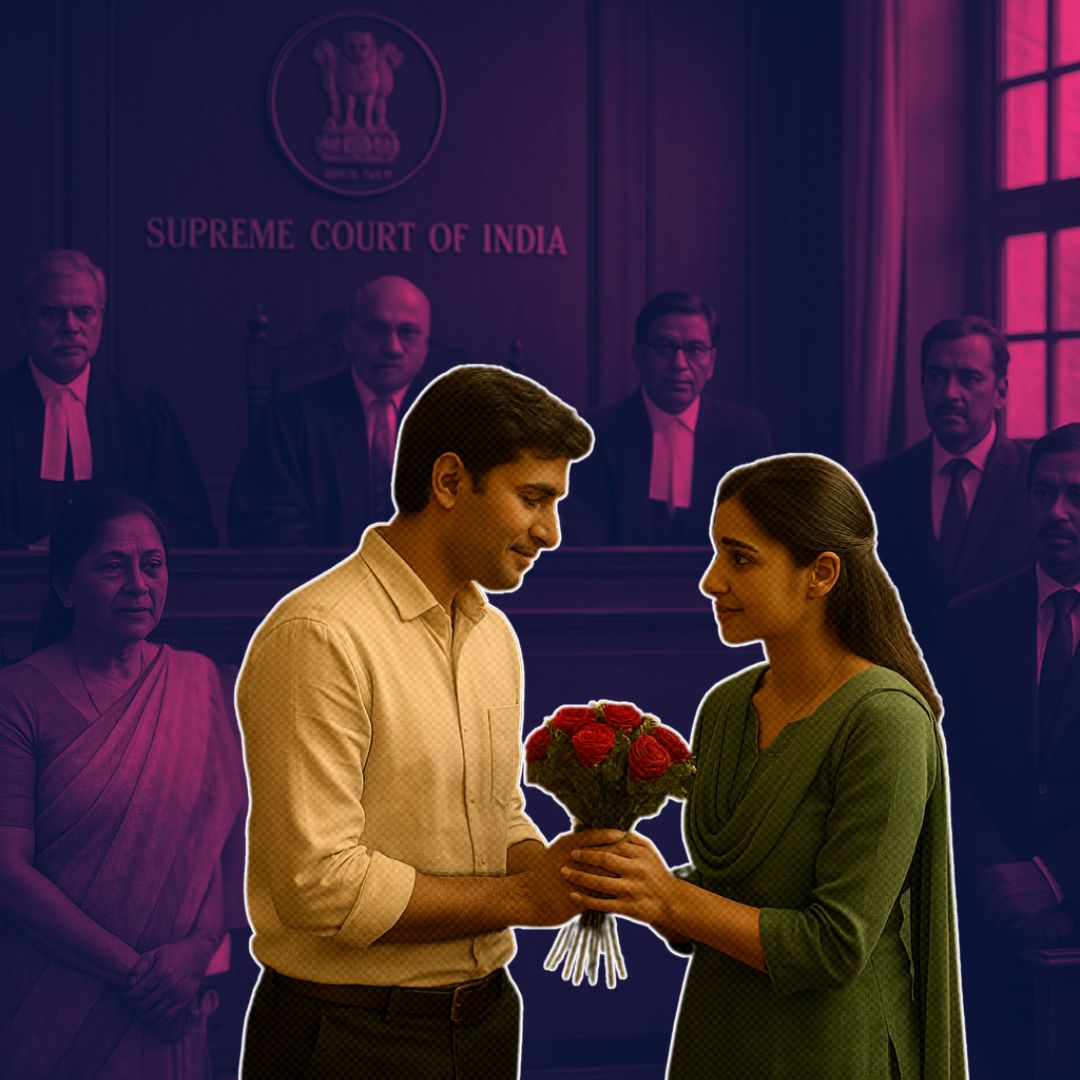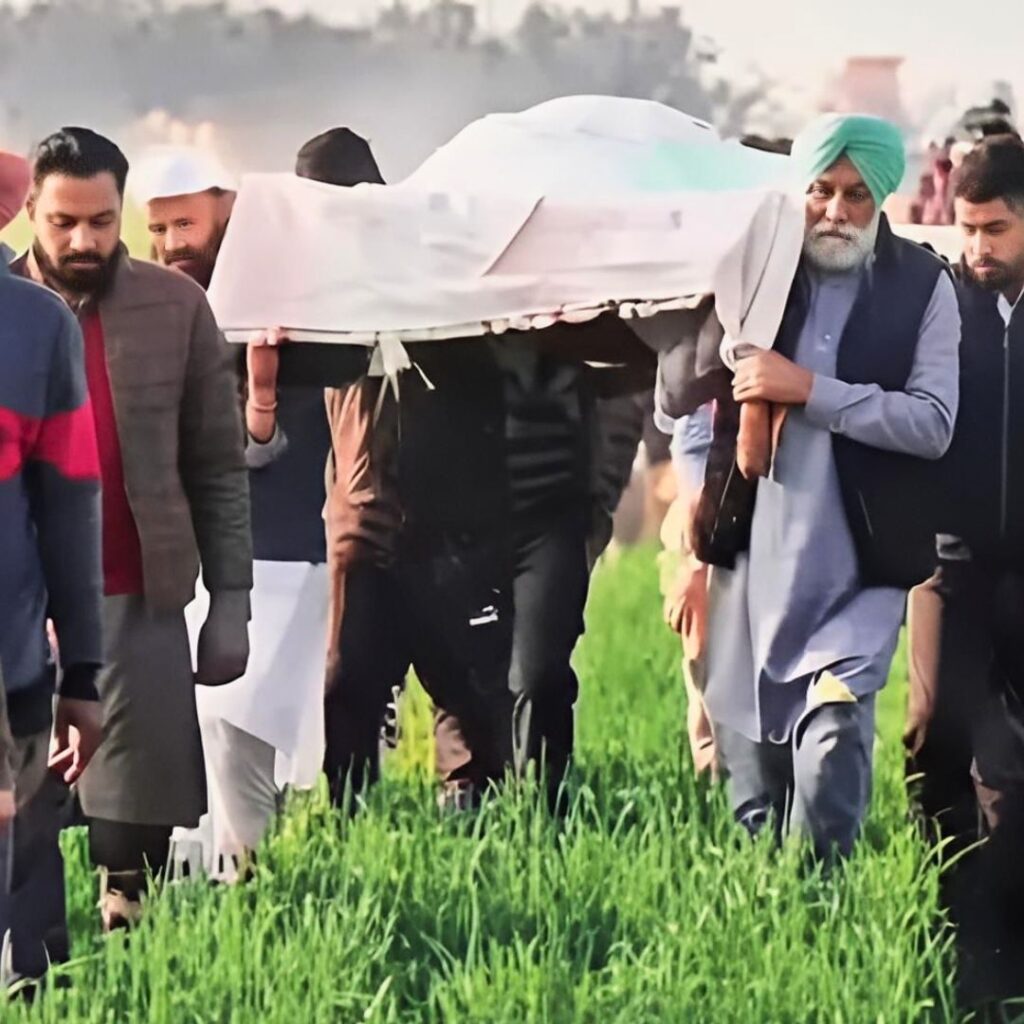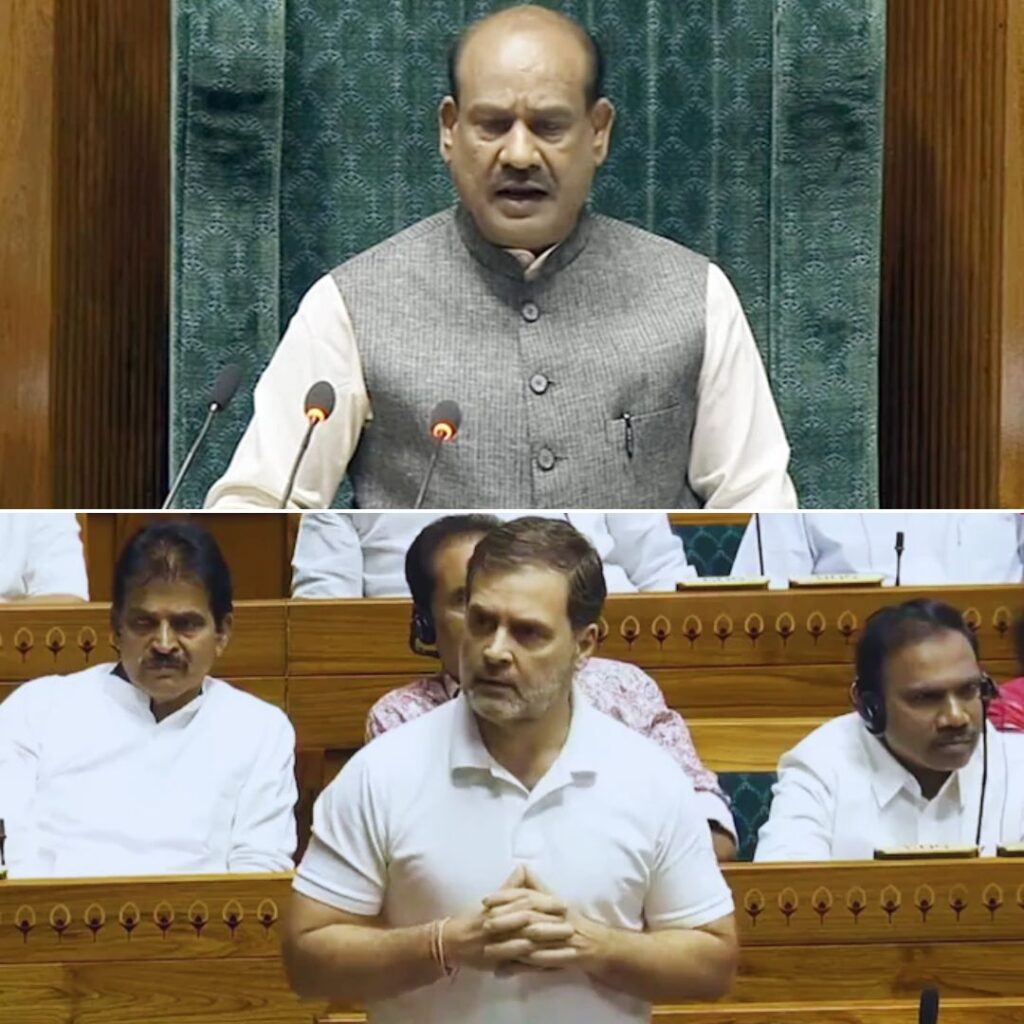In an unprecedented and emotionally charged hearing on May 15, 2025, the Supreme Court of India witnessed a rare courtroom moment when a man convicted of rape proposed marriage to the survivor inside the courtroom. The Bench of Justices BV Nagarathna and Satish Chandra Sharma, after private consultations with both parties and their families, encouraged the proposal, which was met with applause from those present.
The Court subsequently suspended the man’s 10-year rigorous imprisonment sentence and granted him bail. The case, which originated from allegations of repeated sexual assault under the pretext of marriage dating back to 2016, has been adjourned to July 25 for further proceedings.
The Court emphasised that the marriage arrangements would be finalised by the families, signalling a unique blend of legal justice and personal reconciliation.
Courtroom Drama: From Conviction to Proposal
The Supreme Court proceedings took an extraordinary and deeply human turn when the Bench, after hearing arguments and meeting both parties and their parents in-chamber, sought to clarify their intentions regarding the future. The accused, who had been convicted under Sections 376(2)(n) for repeated rape and 417 for cheating, surprised the courtroom by proposing marriage to the survivor.
The Bench facilitated a symbolic exchange of flowers between the couple, which was warmly received with applause from the courtroom audience. Justice Nagarathna remarked, “The parties have both unequivocally expressed their desire to marry each other,” underscoring the Court’s recognition of their mutual consent. Following this, the Court suspended the man’s sentence and ordered his release on bail by the Sessions Court, subject to appropriate conditions.
The judges expressed hope that the families would work out the marriage details promptly, reflecting a sensitive approach that balances legal accountability with personal agency. Advocate Nikhil Jain represented the survivor, while Advocate Mrinal Gopal Eker appeared for the State of Madhya Pradesh.
Background: Years of Legal and Emotional Turmoil
This case traces back to 2021 when the survivor lodged a First Information Report (FIR) accusing the man of repeatedly raping her over several years, beginning in 2016. The two had met through Facebook, and the survivor was also a friend of the accused’s sister.
The accused allegedly promised marriage multiple times to gain the survivor’s trust and consent for physical relations. However, when he later refused to marry her, citing objections from his mother, the survivor approached the police, leading to his conviction. In September 2024, the trial court sentenced the accused to 10 years’ rigorous imprisonment.
His subsequent appeal for suspension of sentence was denied by the Madhya Pradesh High Court, prompting him to seek relief from the Supreme Court. It was during the Supreme Court hearing that both parties expressed their willingness to marry, a development that shifted the trajectory of the case from a purely punitive framework to one involving reconciliation and consent.
The Logical Indian’s Perspective
This extraordinary courtroom episode challenges conventional narratives around justice, punishment, and healing. It highlights the profound importance of empathy, dialogue, and respect for the autonomy of survivors, especially when they choose paths of reconciliation.
While the legal system must remain unwavering in protecting survivors’ rights and delivering justice, it must also be flexible enough to accommodate the nuanced realities of human relationships and personal agency.
The Supreme Court’s sensitive handling of this case sets a precedent for balancing justice with compassion, reminding us that healing often requires more than legal verdicts-it requires understanding and humane engagement. As a society committed to peace, kindness, and coexistence, how can we create more spaces where survivors feel empowered to make their own choices while ensuring justice is served?












